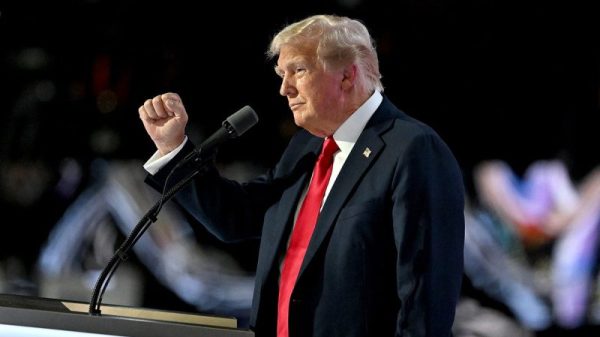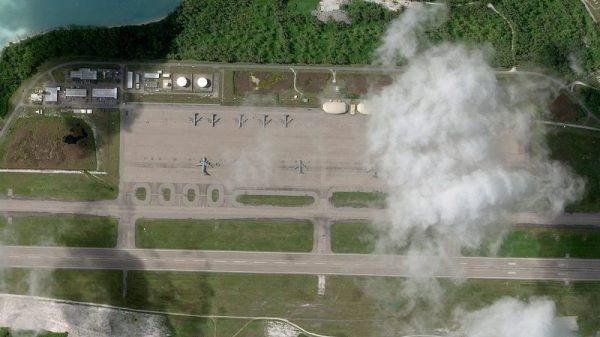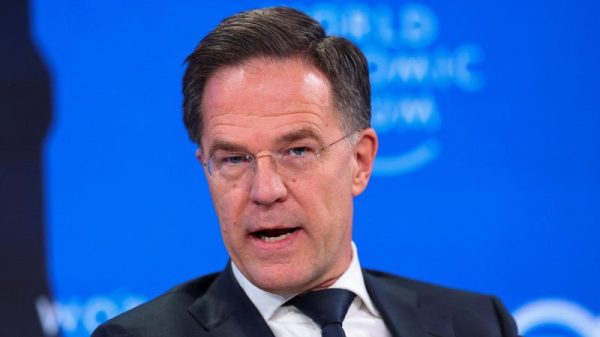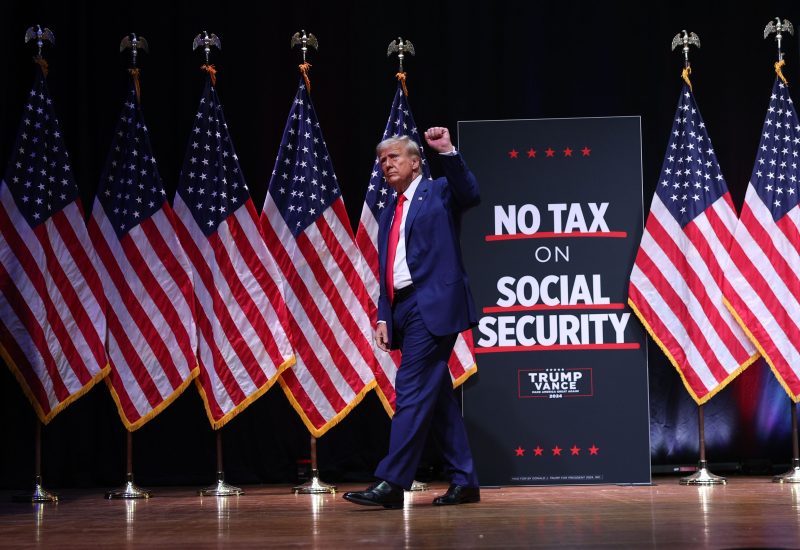In a recent speech in North Carolina, former President Donald Trump hinted at the possibility of expanding tariff plans, drawing attention and speculation from both domestic and international audiences. The potential implications of such a decision are wide-ranging and could have significant ramifications for the global economy.
Tariffs, as a tool of trade policy, have historically been utilized to protect domestic industries, address trade imbalances, and in some cases, as a negotiation tactic. However, they are also known to lead to retaliatory measures and trade disputes that can disrupt the flow of goods and services between nations. Trump’s willingness to consider expanding tariffs suggests a continuation of his administration’s protectionist trade policies, which were marked by contentious trade relations with major economic partners such as China, the European Union, and Mexico.
One key aspect to consider in the context of expanding tariff plans is the potential impact on American consumers and businesses. Tariffs typically result in increased prices for imported goods, which could lead to higher costs for consumers and reduced competitiveness for businesses that rely on imported inputs. Moreover, retaliatory tariffs by affected countries could further exacerbate the situation, potentially resulting in a tit-for-tat trade war scenario that has the potential to harm the overall economic growth and stability.
From an international perspective, Trump’s openness to expanding tariff plans could reignite trade tensions and disrupt the fragile global trade environment. Countries that have been targeted by US tariffs in the past might respond with their own set of tariffs, leading to a cascade of protectionist measures that could undermine the principles of free trade and economic cooperation.
At the same time, Trump’s signaling of expanded tariff plans could be seen as a political maneuver to maintain his base of support and project a strong stance on trade issues. Throughout his time in office, Trump emphasized the need to prioritize American workers and industries, often at the expense of multilateral trade agreements and international cooperation. By continuing to advocate for tariffs, Trump may be seeking to appeal to his core supporters and reinforce his image as a champion of American interests in the global economy.
In conclusion, Trump’s openness to expanding tariff plans raises important questions and concerns about the future direction of US trade policy and its implications for the global economy. While tariffs can be a useful tool in addressing certain trade challenges, their indiscriminate use can lead to unintended consequences and negative outcomes for both domestic and international stakeholders. As discussions around trade policy evolve, it will be crucial for policymakers to carefully weigh the costs and benefits of tariffs and consider alternative approaches to promoting fair and sustainable trade relations.






















